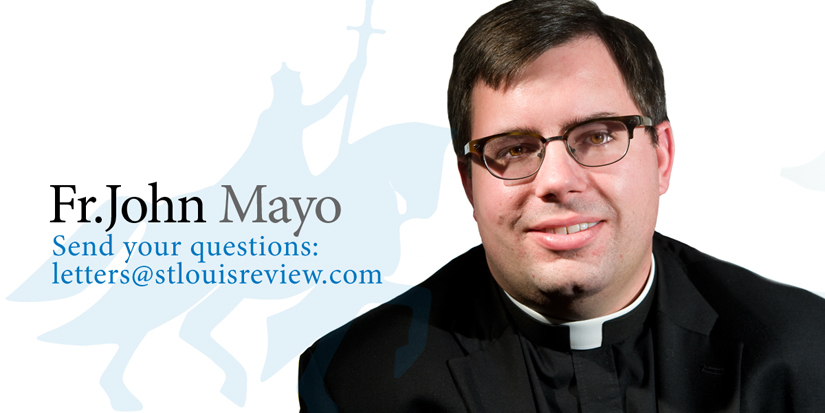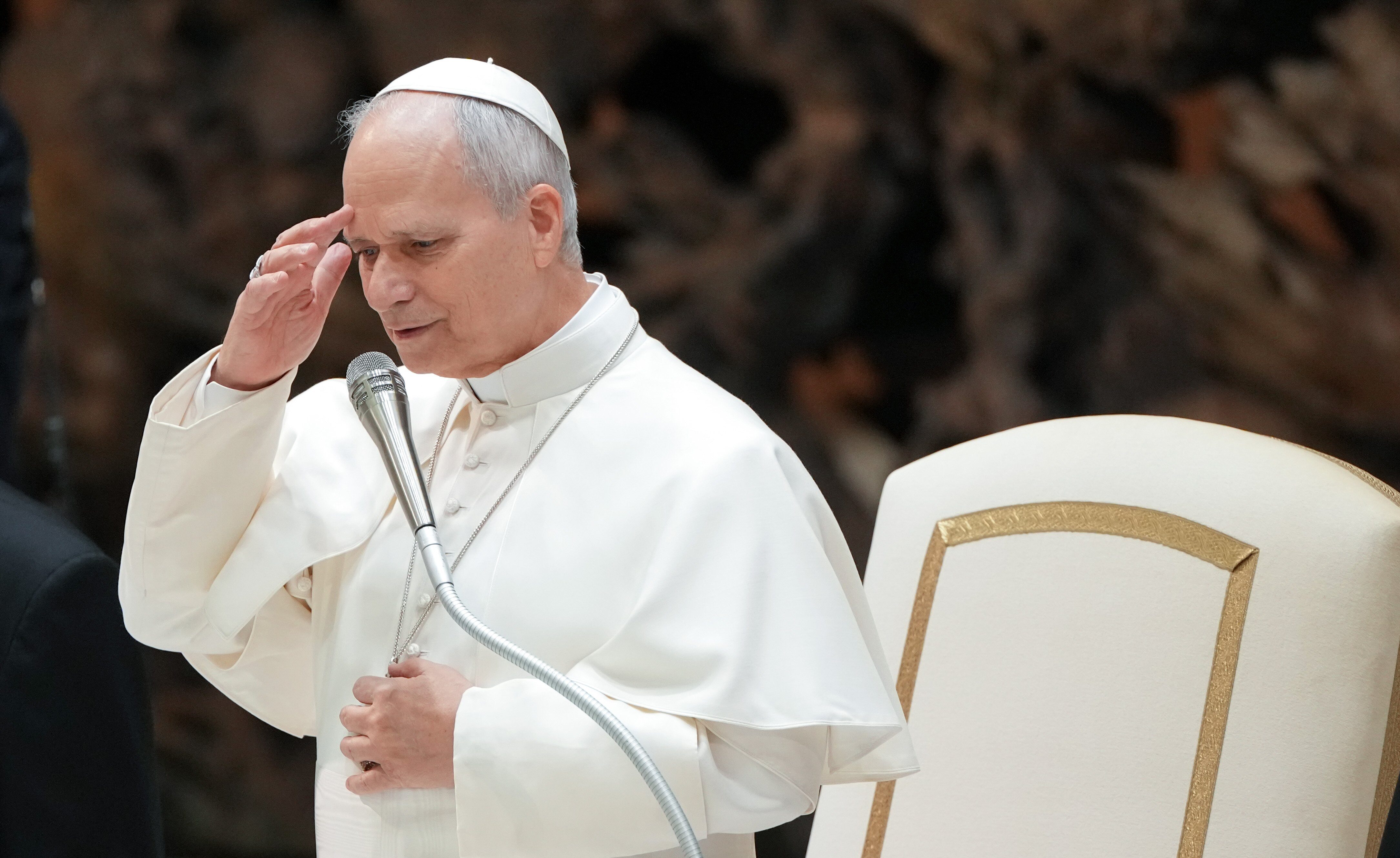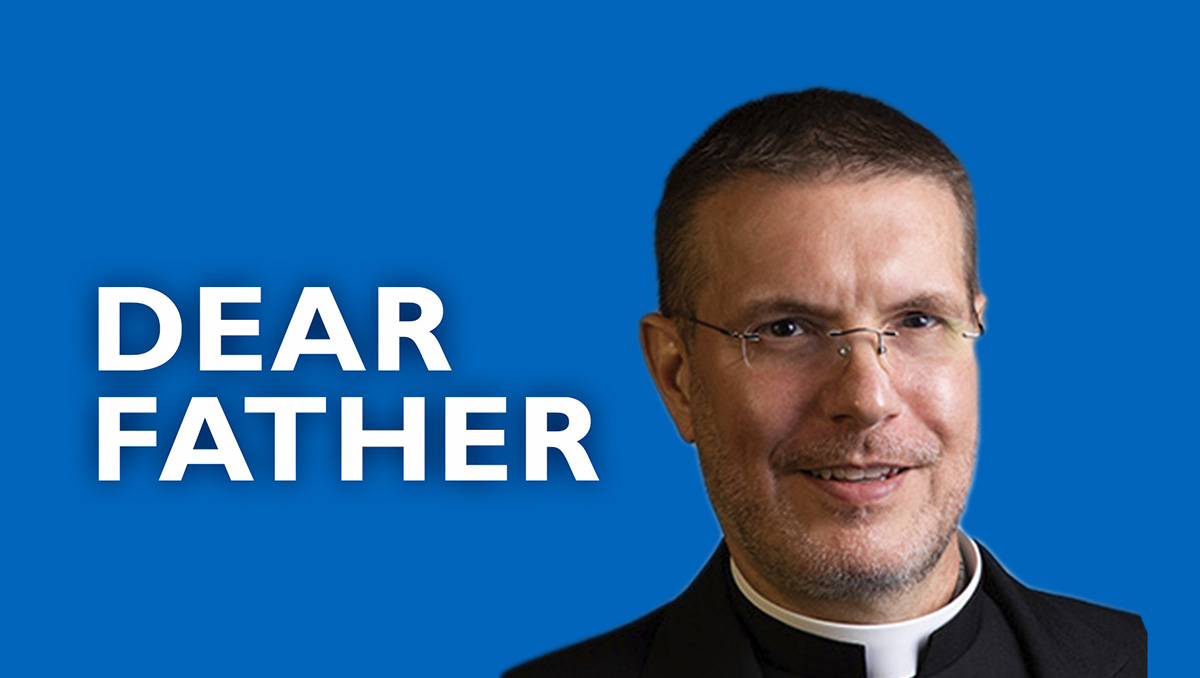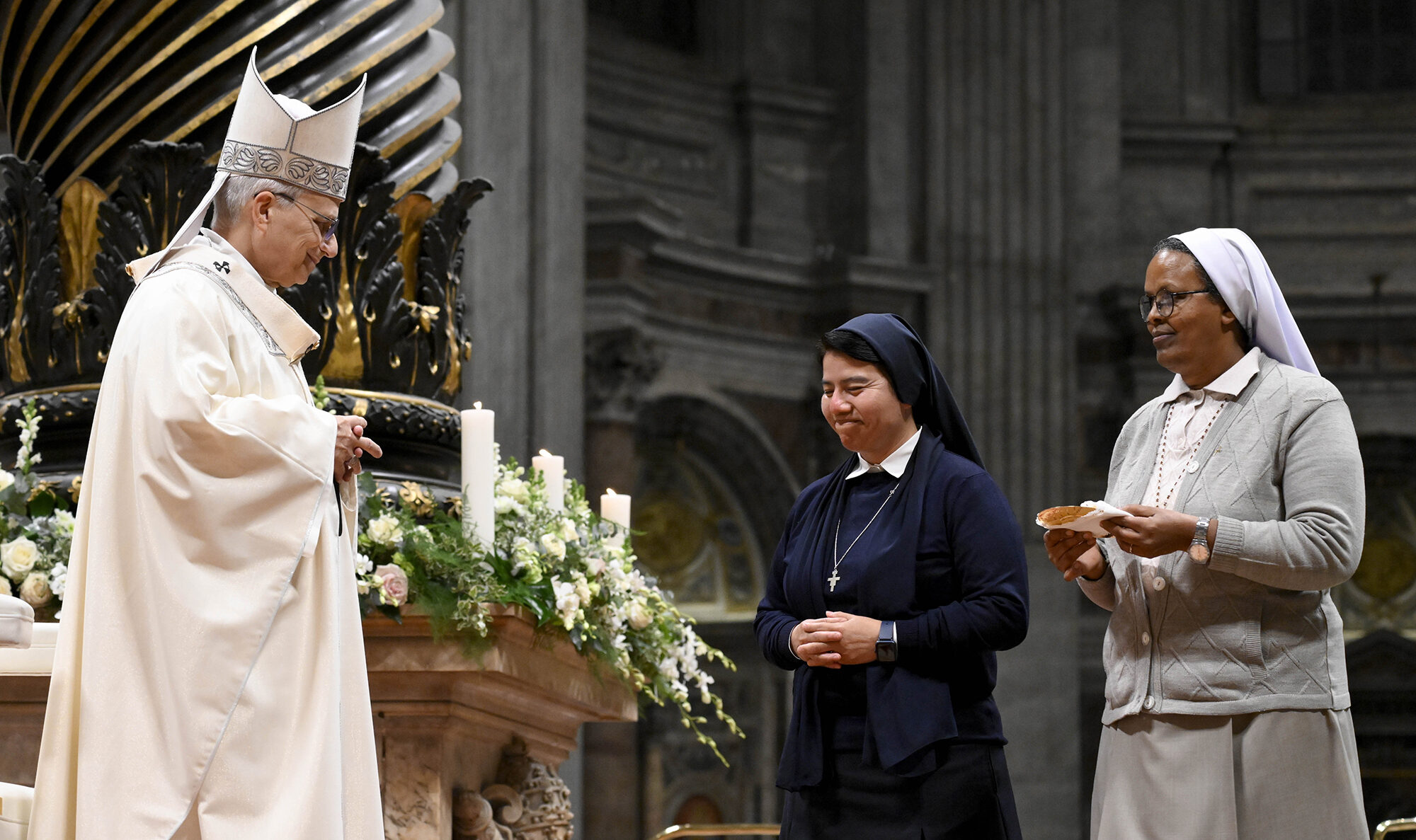DEAR FATHER | Peace given through prayer helps us overcome worry
Is worry a form of prayer?

To worry is to think about problems, especially because we think something bad might happen. Immediately in this definition we see that worry is mostly a self-centered activity, focusing exclusively on my thoughts. Also, notice how worry presupposes that we’re anticipating an outcome to the situation we’re thinking about.
Both of these elements of worry contradict the meaning of prayer. When we pray, we don’t just say these things to ourselves, but we share them with another: God. We share them with Him in prayer because we believe that He has control of the situation.
Thus, worry isn’t a form of prayer. St. Paul put this truism best when he wrote to the Philippians saying, “Have no anxiety about anything, but in everything by prayer and supplication with thanksgiving let your requests be made known to God. And the peace of God, which passes all understanding, will keep your hearts and your minds in Christ Jesus” (4:6-7). Here, St. Paul gives us a roadmap to overcoming our worry to live in the peace Christ intends for us.
Instead of worrying, St. Paul encourages us to take the issue directly to prayer. Through prayer, we can realize certain things. One is that perhaps the problem I am concerned about is not really mine. Since it is not mine to control, I need to let it go because it is robbing me of my peace.
Another is that prayer reminds us that without God the crosses of our life are too much for us. Ultimately, it is His strength that carries us through the times we find most troubling in our lives.
Moreover, prayer reminds me of God’s presence with me. That is where the prayer of thanksgiving St. Paul suggests comes in. When we give thanks to God for His presence in our life in the past as well as today, we realize that God is with us in the struggle we are facing.
The peace that we are given through prayer gives us the strength to begin to face the difficulty. One of the hardest things when facing a challenge is beginning to act upon it. But once we do, we will find greater peace through the understanding and progress we make by working on it. This lowers the temptation to worry about it, but moves us to planning and dealing with the situation at hand more.
Satan does not want us in this place of confidence in God, peace in His working in our life, and our working through these difficulties the best we can. He will thus present to us the option of turning to worry, especially when we get dispirited. Knowing this tactic of the evil one and moving immediately to prayer, rebuking His presence, and turning to God brings us quickly to a place of peace.
This column appeared in a previous edition of the Review.
Father Mayo is pastor of St. Raphael the Archangel Parish in St. Louis.





